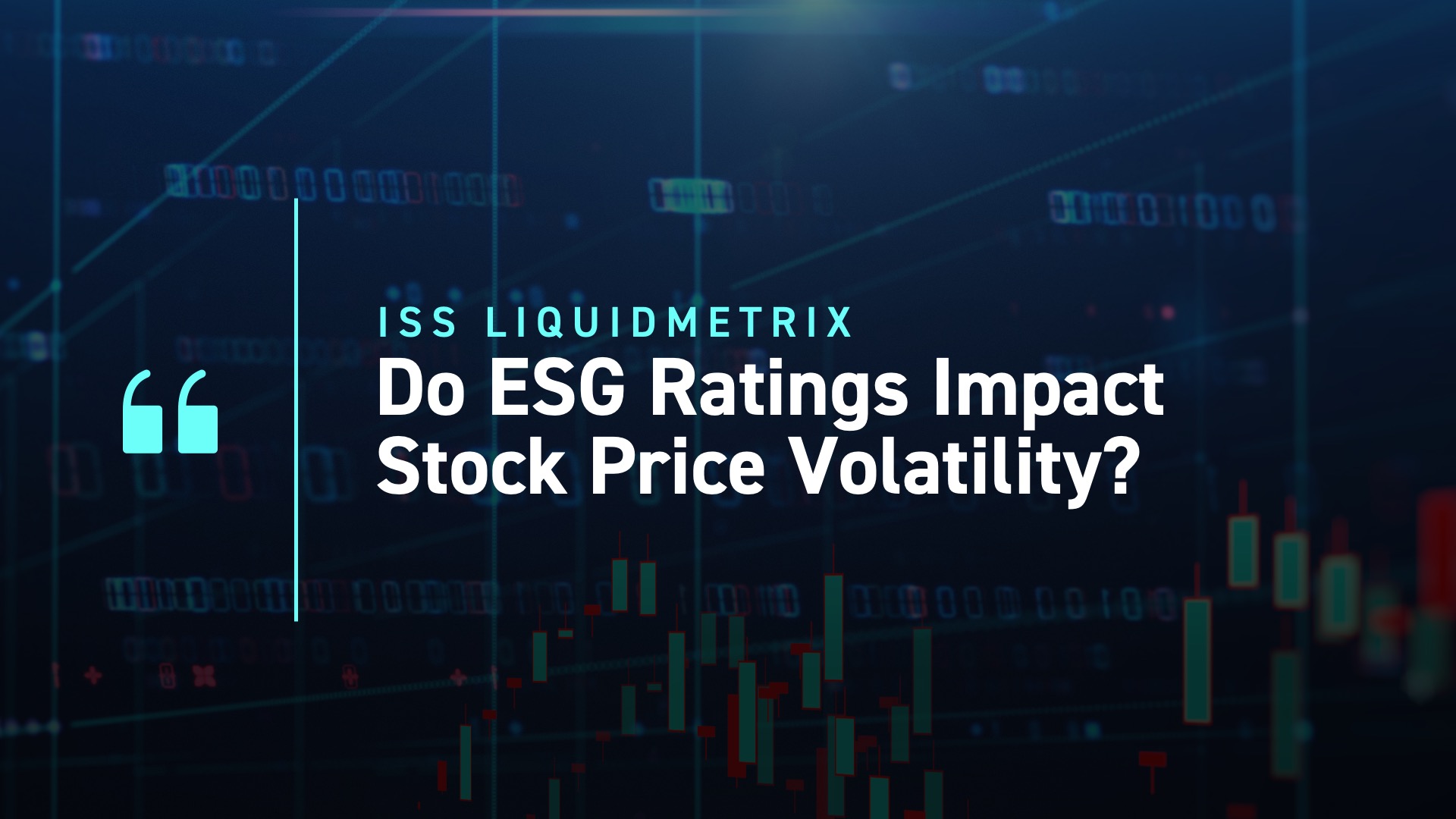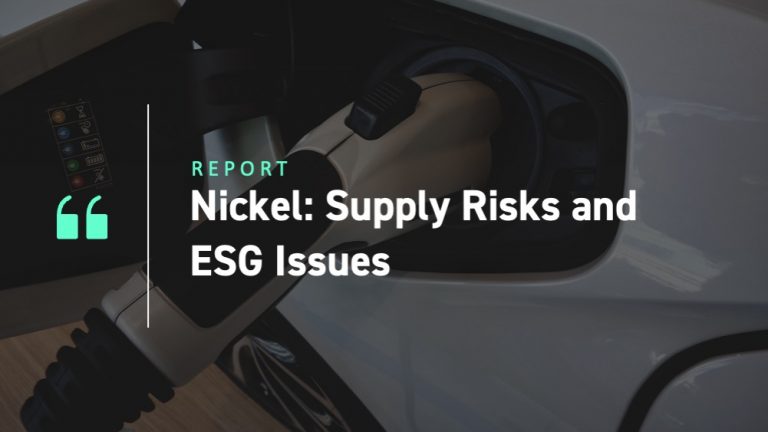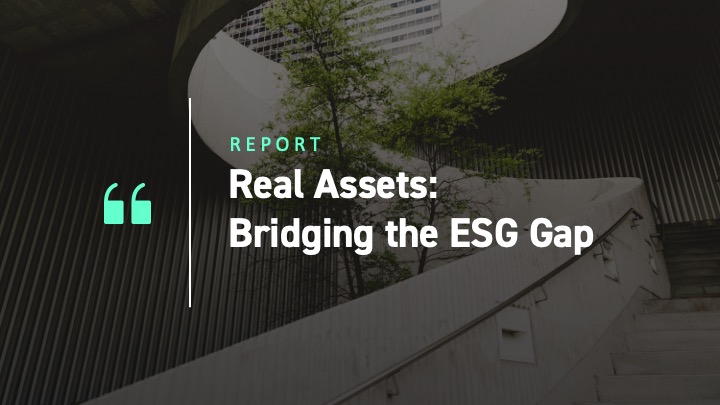Below is an excerpt from ISS LiquidMetrix’s recently released paper “Do ESG Ratings Impact Stock Price Volatility?”. The full paper is available for download from the Institutional Shareholder Services (ISS) online library.
Do ESG ratings impact a stock’s trading characteristics such as price volatility? If they do, there may be important implications for TCA and Best Execution. As ESG ratings increasingly become a part of a fund’s portfolio construction process, it is important to consider their potential effects on analyzing and monitoring the implementation of the portfolio. Used as part of pre-trade and post-trade analysis, correlation with ESG ratings may provide insight into improving execution strategy and help facilitate communication between the portfolio manager and the trading desk.
As a leader in both responsible investment solutions and Trading Analytics, Institutional Shareholder Services (“ISS”) is uniquely positioned to explore these questions. In a series of articles to follow, we will review a variety of questions related to the intersection of Best Execution and ESG. Here we inquire whether certain key trading characteristics such as volatility of the stock’s price may vary based on ESG ratings.
Key Points:
- Understanding the trading characteristics of stocks with different ESG ratings can be a useful part of an overall Best Execution / TCA process.
- Higher ESG ratings can often be associated with lower overall price volatility and smaller volatility spikes.
- When moving from stocks with higher ESG ratings to those with lower ESG ratings, both the floor and the ceiling of 5-minute price volatility increases.
By: Henry Yegerman, Associate Director, ISS LiquidMetrix




